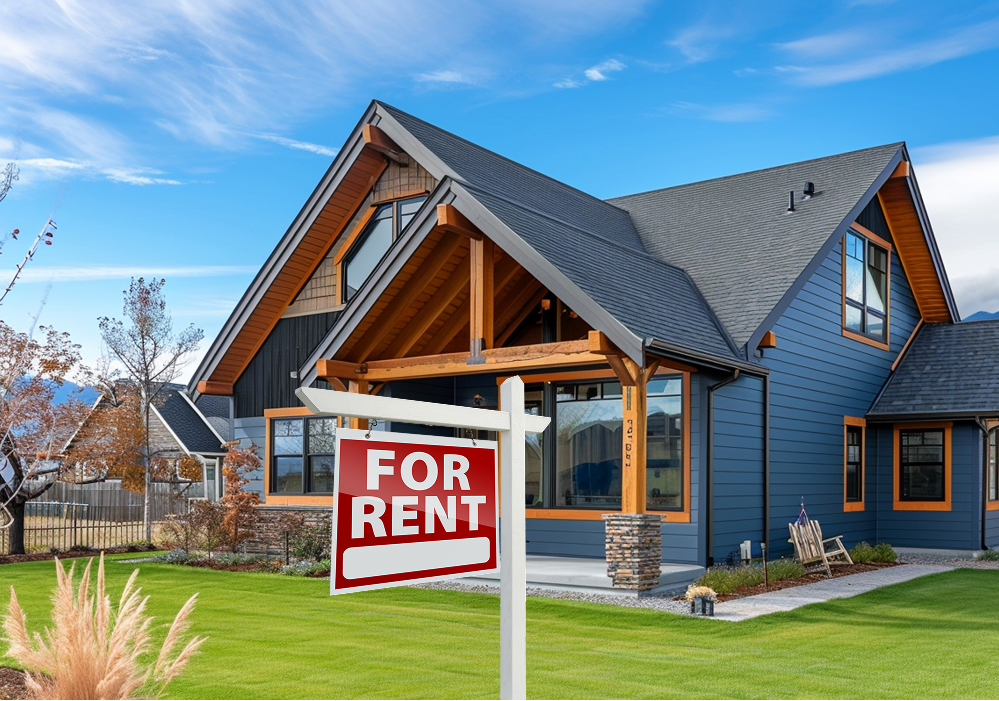What Are Long-Term Rental Loans?
Long-term rental loans are mortgages used to finance residential investment properties rented out for extended periods. These loan types should be differentiated from short-term rental loans, which are geared more toward vacation properties rented out for much shorter periods, usually on a nightly or weekly basis.
In particular, long-term rental loans are designed for buy-and-hold investors who generate steady rental income from tenants and build equity and wealth over time.





 Washington
Washington  Oregon
Oregon 